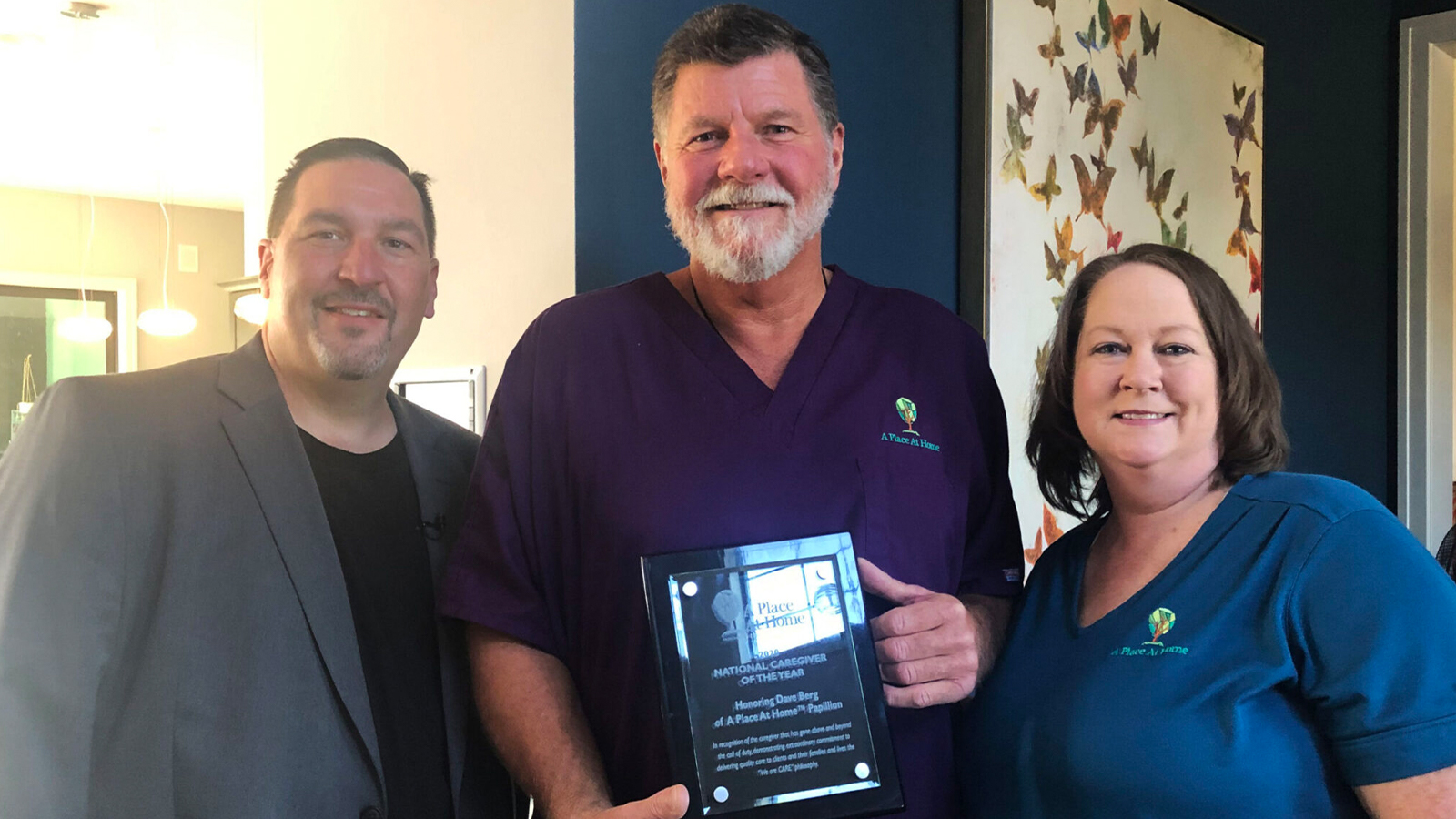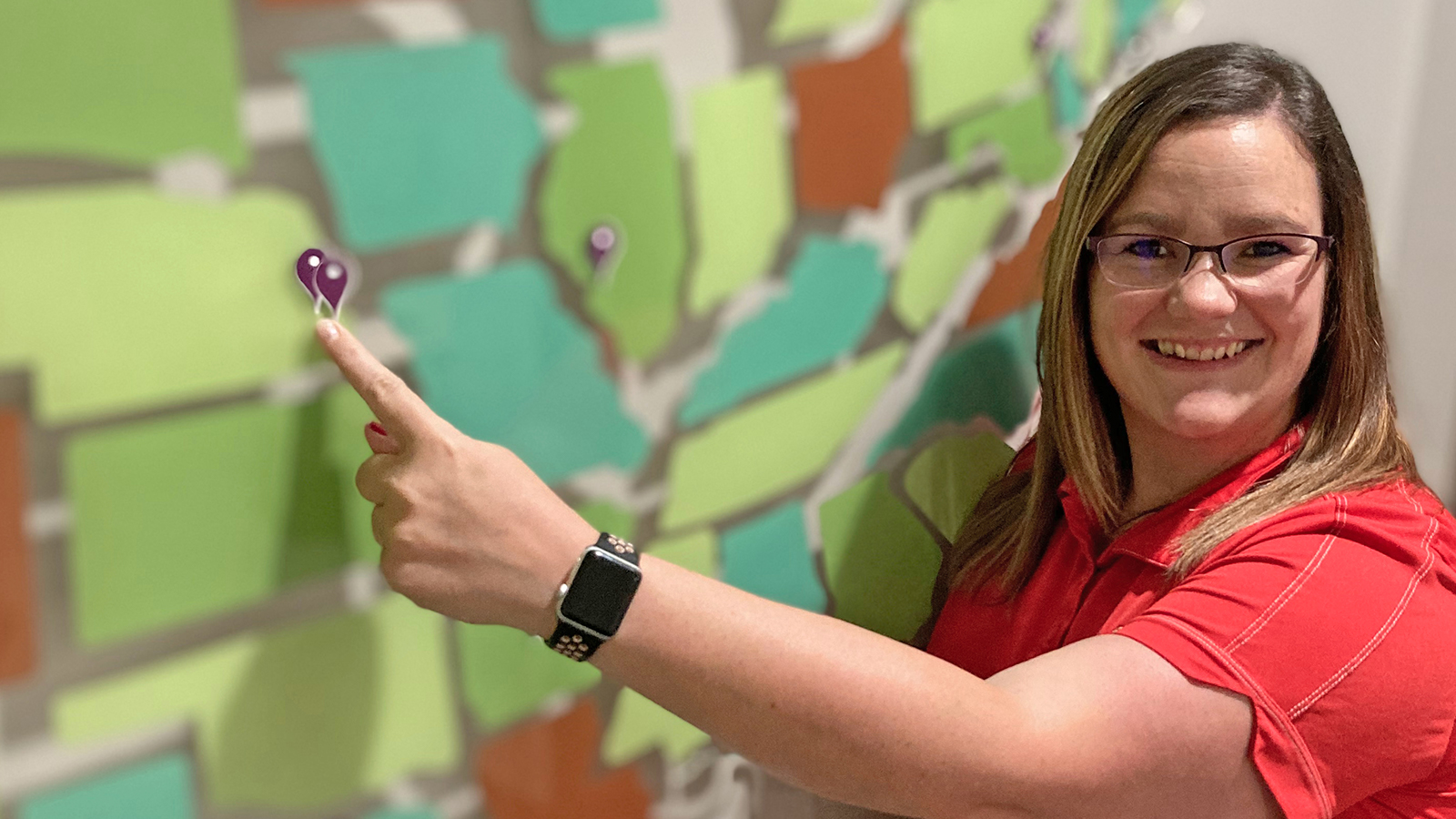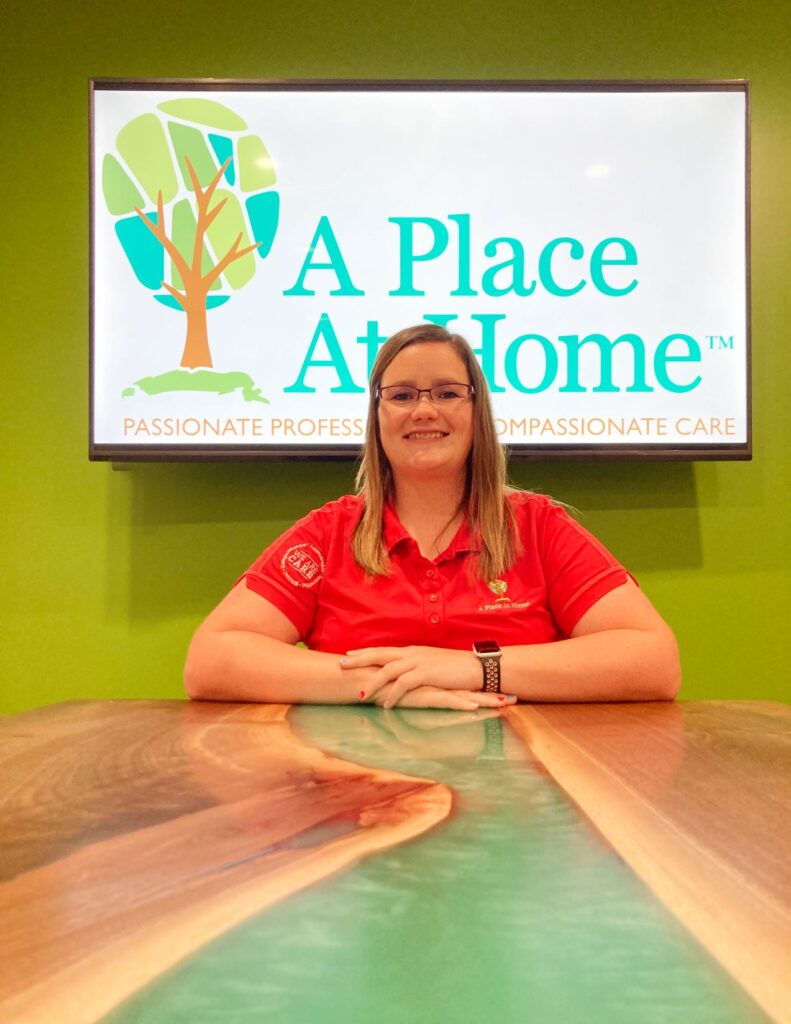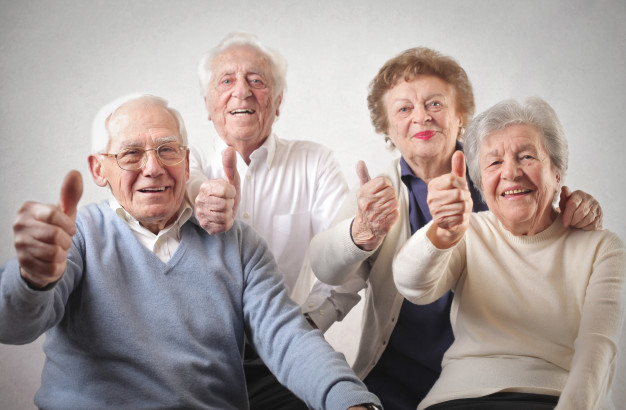November is Diabetes Awareness Month! As seniors age, they are more likely to develop diabetes. Diabetes is a chronic condition that causes high blood sugar levels and affects the body’s ability to produce insulin. Managing diabetes can be difficult for seniors who may have some degree of decreased vision or cognitive impairment. This blog post will provide caregivers with some strategies to help their loved ones better manage their diabetes.
Weight Management
Weight management is an important part of diabetes care because seniors who are overweight often have more difficulty controlling their blood sugar. In many cases, seniors with diabetes need to lose weight in order to increase the effectiveness of medications and improve overall health. Weight loss or management is achieved by increasing physical activity and reducing calorie intake from food sources. Encourage your loved one to eat healthy and participate in some form of physical activity every day. Our in-home care services for seniors in Albuquerque can help your loved one with healthy meal prep and light exercise. It can also be helpful for you to make lifestyle changes alongside your senior so they don’t feel alone while managing their diabetes.
Medication Management
Seniors with diabetes often need to take medications in order to manage blood sugar levels. However, seniors who have decreased vision or cognitive impairment may struggle more than others when taking their medication. Encourage seniors with diabetes to keep their medications in a pillbox that has compartments for each day of the week. This will help seniors stay organized and ensure they are taking their medication as prescribed.
Monitor Blood Sugar
Monitoring blood sugar levels is an important part of managing diabetes. Seniors need to check their blood sugar several times a day and record the results in order to help monitor and manage their condition. Seniors with diabetes should have a glucometer that is easy to use and read by those with decreased vision or cognitive impairment.
Work With Doctors
Work with your loved one’s doctor to help manage diabetes. Their doctor can provide education and tools to help them better manage their condition. They will likely be able to give referrals for physical therapy and other services that can assist seniors in managing their condition. As seniors age, they often require more medical care, and their loved ones should be proactive in encouraging them to see a doctor for regular check-ups, especially since there are many seniors who may have diabetes but are not aware of it. If you need help with doctor’s visits, our Care Coordination services might be right for you! Our professional caregivers can attend doctor’s appointments, help manage day-to-day care, and refill prescriptions.
Reduce Stress
Stress can have a negative impact on seniors who are living with diabetes. Stress can affect blood sugar levels, medication effectiveness, weight management, and overall health. Seniors should try to reduce stress by participating in activities they enjoy or socializing more often with friends and family members.
Help Set Goals
Setting small goals that seniors can achieve on a daily basis can help them maintain control over their diabetes. This is better than thinking about long-term goals that seem too difficult to manage day by day. By setting short-term, achievable tasks, seniors will have more success in reaching those larger, far off goals, which ultimately helps them live an independent lifestyle in their own home.
In-home senior care services can be a good fit for seniors trying to manage their diabetes. We have compassionate caregivers in Albuquerque who can help with lifestyle care and care coordination. Schedule a free consultation or give our office a call at (505) 316-5440 today! We will quickly respond to your questions about our services, including senior living alternatives.










